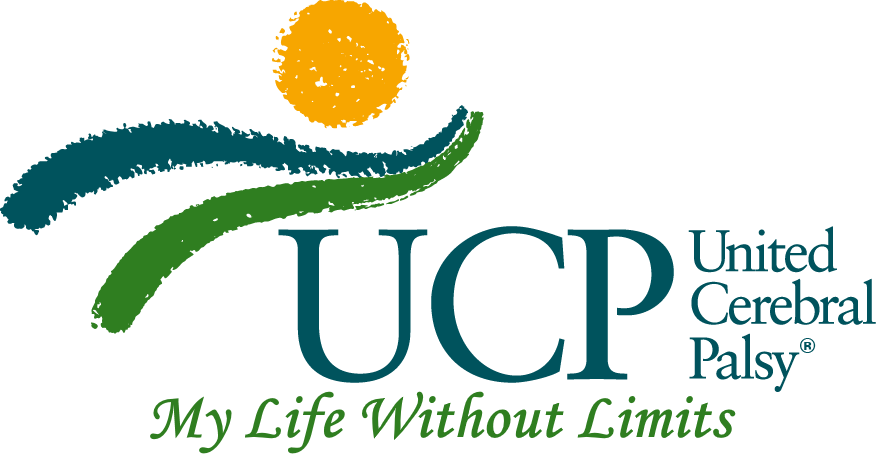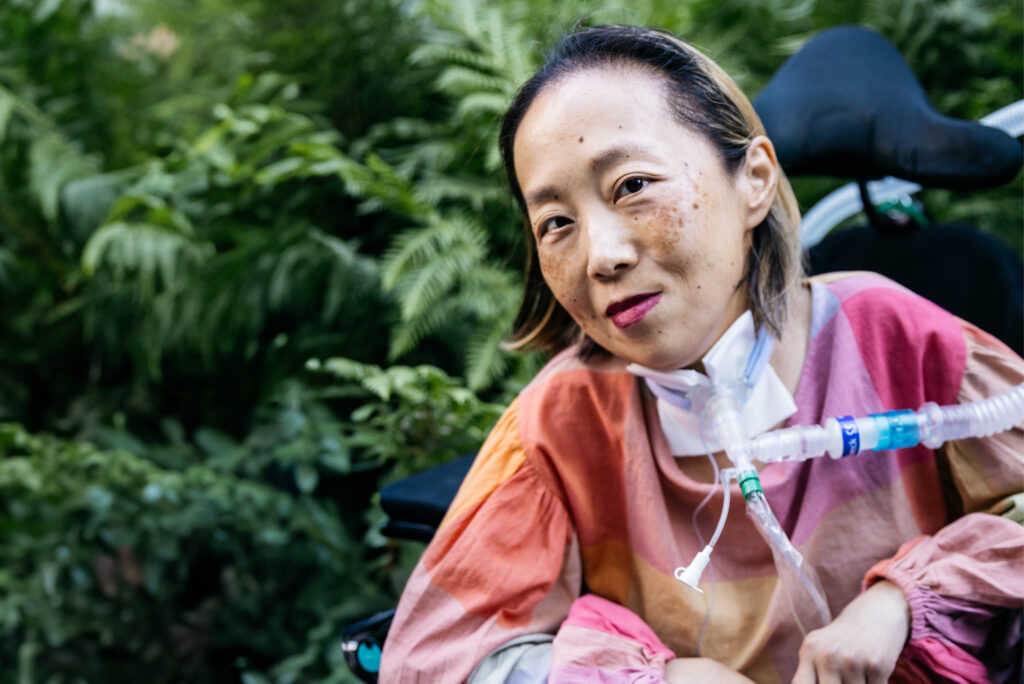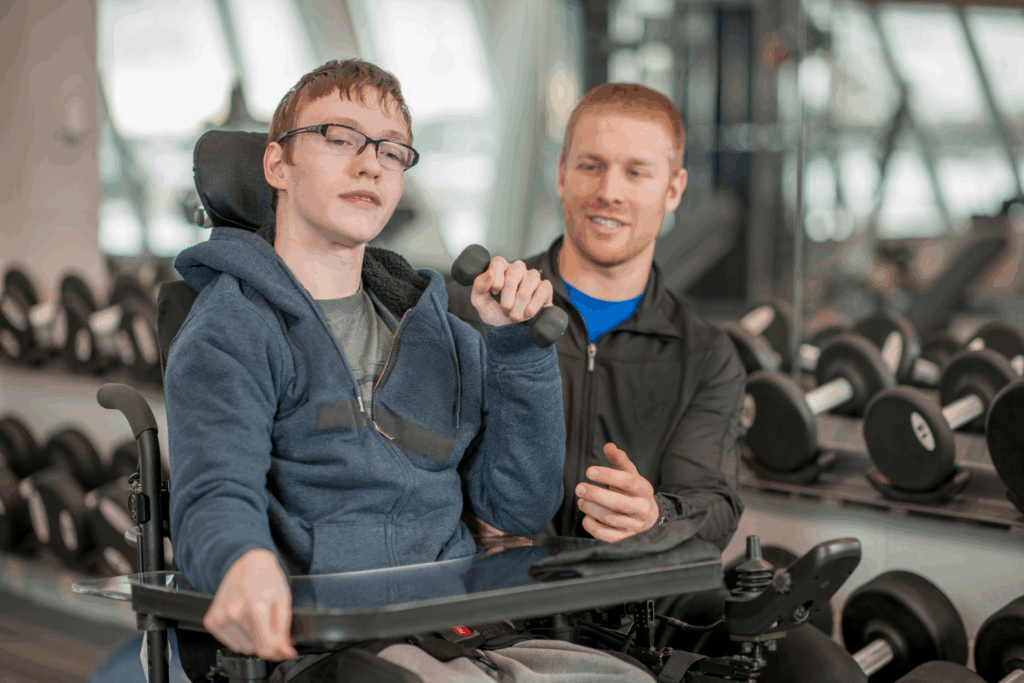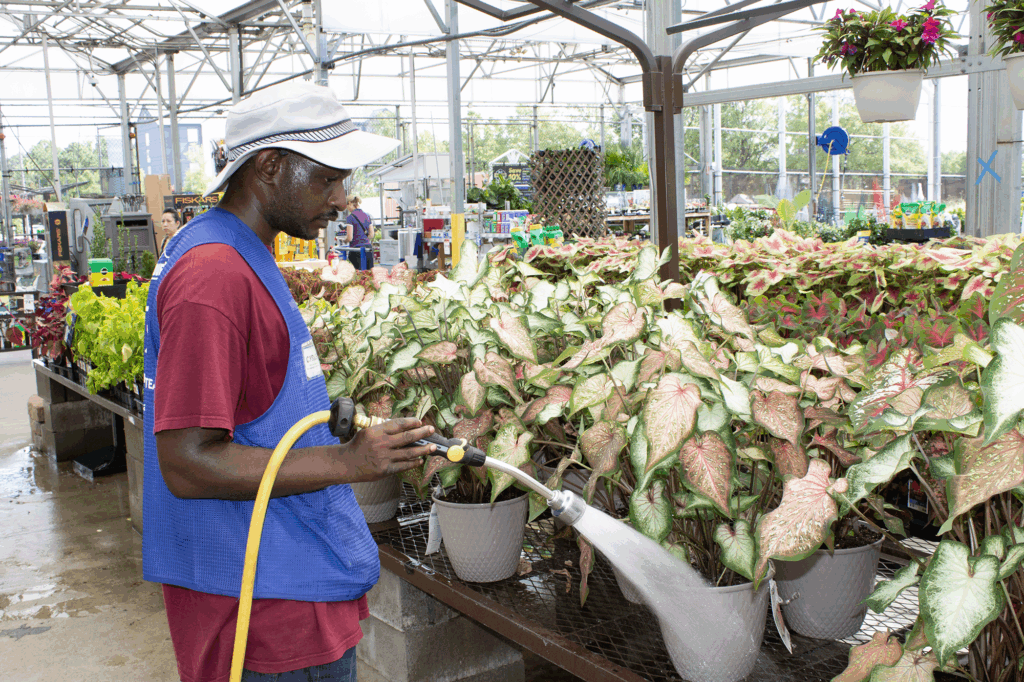Caregiving — whether for a child with cerebral palsy, an aging parent, or an individual with complex medical needs — is a selfless and often full-time commitment. But without the right supports, caregivers risk burnout, a state of physical, emotional, and mental exhaustion that can compromise the quality of care and personal health. Let’s explore how both family and professional caregivers can prevent burnout through self-care, support networks, and the respite care services available through UCP affiliates and beyond.
What Is Caregiver Burnout and Why Is It So Common?
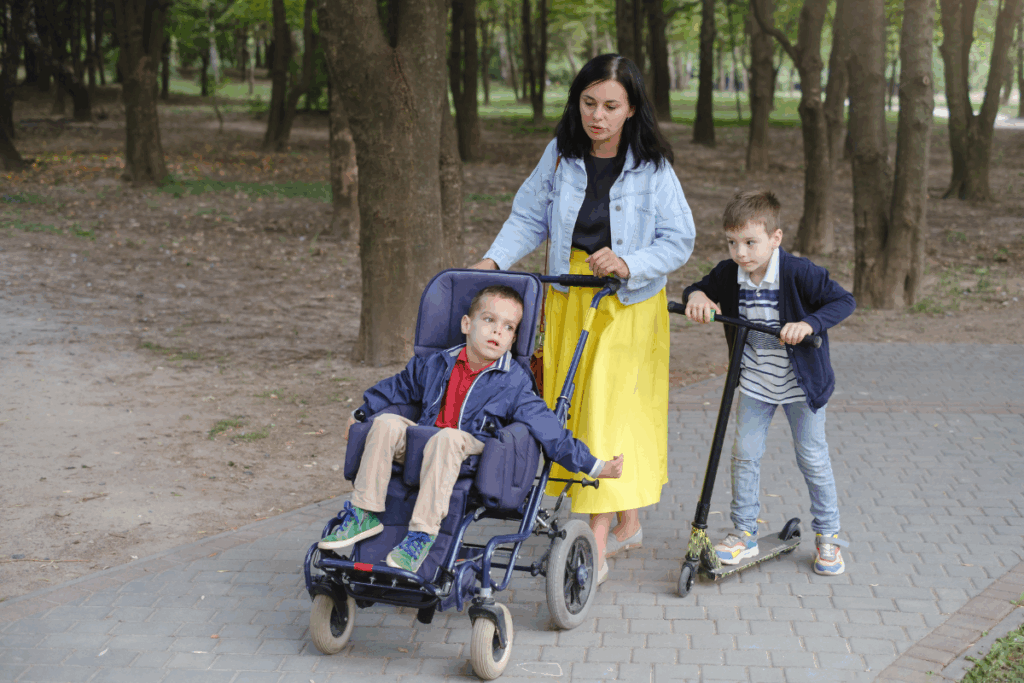
Caregiver burnout is more than just feeling tired. It’s a serious condition that can lead to depression, anxiety, sleep disturbances, and even chronic health issues.
According to the Family Caregiver Alliance, nearly 70% of caregivers report feeling physically or emotionally drained, and more than 40% experience depression.
Burnout occurs when caregivers ignore their own needs while prioritizing someone else’s.
Common causes include:
- Long hours without breaks
- Lack of adequate support or backup
- High emotional investment with limited outlets
- Isolation from social and recreational activities
Signs of Caregiver Burnout

Recognizing the early symptoms can help stop burnout in its tracks:
- Feeling overwhelmed or constantly worried
- Trouble sleeping or frequent exhaustion
- Changes in appetite or weight
- Irritability or mood swings
- Loss of interest in activities once enjoyed
- Physical symptoms like headaches or stomach issues
Strategies for Preventing Caregiver Burnout
Preventing burnout starts with understanding that your well-being is essential to the caregiving equation. Here are practical, evidence-based tips:
Prioritize Self-Care
- Schedule regular breaks — even short walks or time alone can reset your energy
- Get adequate sleep and maintain a balanced diet
- Practice mindfulness or stress-reducing techniques like deep breathing or yoga
Set Boundaries

- Learn to say no to additional responsibilities when overwhelmed
- Set realistic goals for what you can accomplish each day
- Share duties when possible — don’t be afraid to ask for help
Connect with Support Networks
- Join online or local caregiver support groups
- Talk to friends, a therapist, or a peer mentor
- Check out resources from national organizations like UCP, the Family Caregiver Alliance and CaringInfo.org
Take Advantage of Respite Care Services
One of the most powerful tools to combat caregiver stress is respite care — temporary relief provided by professionals or trained volunteers so you can take time for yourself. Many UCP affiliates offer high-quality respite care services for family caregivers. These programs provide safe, engaging environments for individuals with disabilities while giving caregivers time to rest or tend to other obligations.
Here are just a few examples:
- UCP of Huntsville – A national leader in respite care services
- UCP of Central Arizona – Offers in-home and center-based respite care
- UCP of Greater Cleveland – Family support and respite programming
- UCP Oregon – Personal agent services and temporary caregiver relief
- UCP Heartland (Missouri) – Includes in-home support and caregiver breaks
Not sure which UCP affiliate serves your area? Find a UCP location near you.
Building Long-Term Support Systems
Think of caregiving as a marathon, not a sprint. A sustainable approach includes:
- Planning ahead for transitions in care
- Engaging in long-term financial and legal planning
- Exploring programs like Medicaid waiver services or local disability supports
Encourage ongoing communication with your loved one’s healthcare team. They can help assess needs, recommend adjustments, and even connect you to local respite or day programs.
You’re Not Alone

Preventing caregiver burnout isn’t a luxury — it’s a necessity. Prioritizing your health ensures that you can continue to provide the best care possible. With the right resources, support networks, and the availability of UCP’s respite services, you don’t have to do it all on your own.
Caregiving is an act of love — but sustaining that love requires care for yourself, too.
Ready to take the first step?
